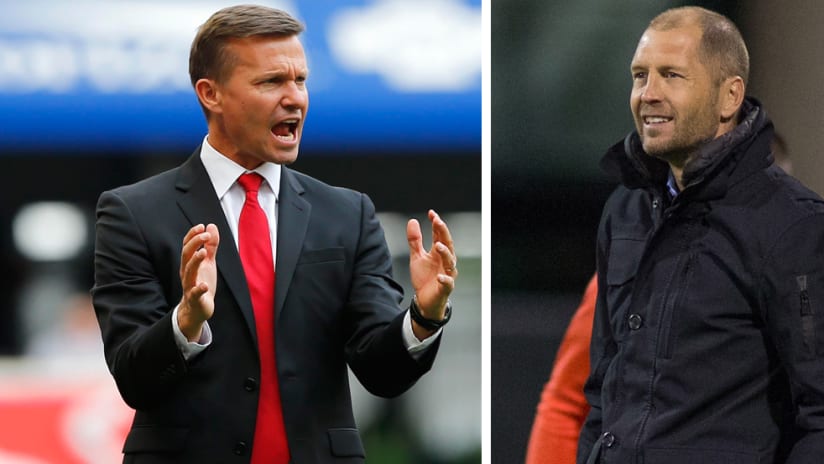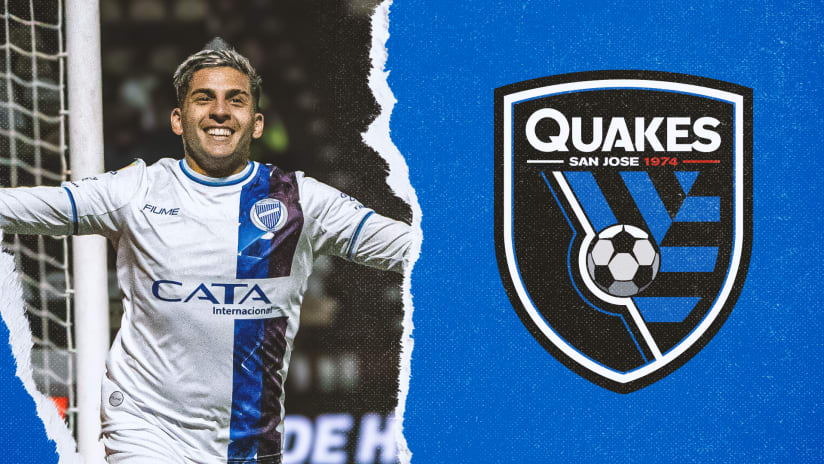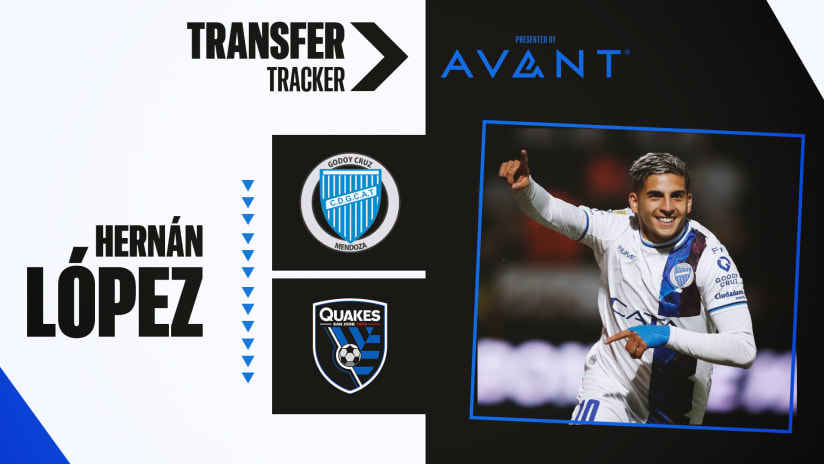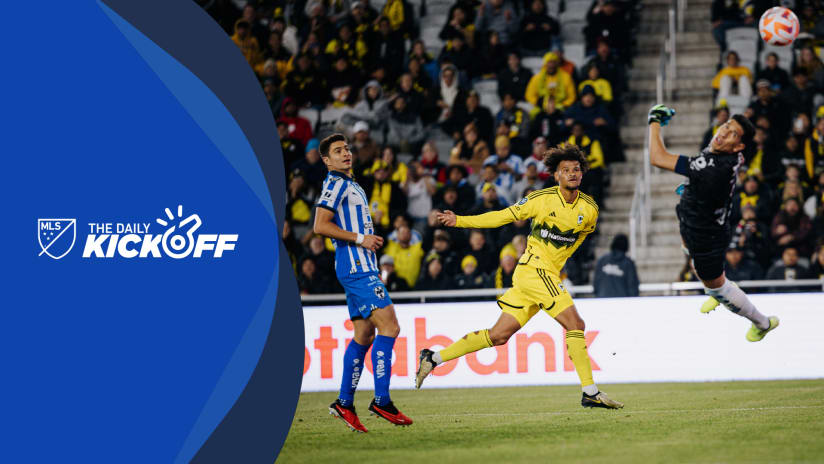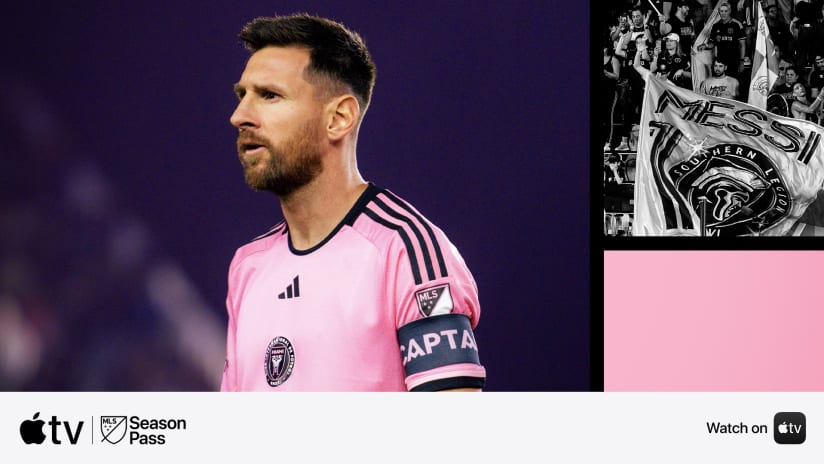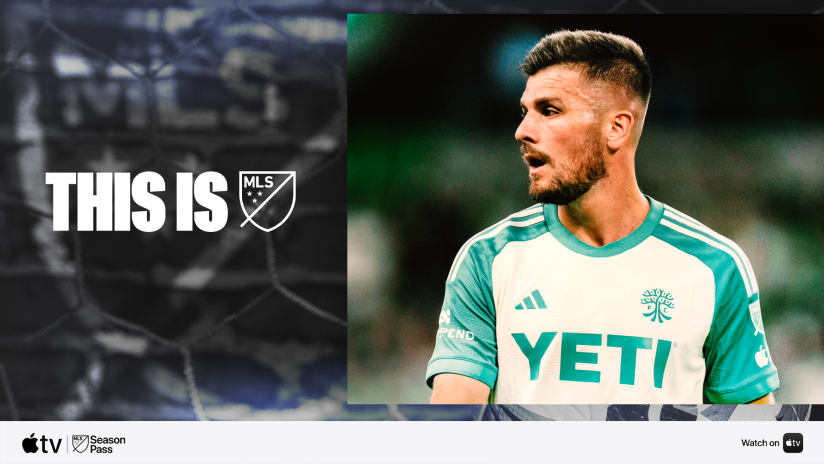The US men’s national team now has a general manager in place, representing the first concrete step towards hiring a new coach. U.S. Soccer isn't about to rush the coaching hire – Earnie Stewart will start his new role as GM on Aug. 1 – and needless to say, it's an important one.
A long list of names has been mentioned in relation to the job, from experienced international coaches to young, up-and-coming MLS coaches, many of whom we hope Stewart takes a look at. But the latter group is where we'll focus our discussion, especially given the fact that two of the most prominent names on that list will face each other this weekend when Gregg Berhalter and Columbus Crew SC will welcome the New York Red Bulls, led by Jesse Marsch, to Ohio on Saturday (5 pm ET | ESPN — Full TV & streaming info).
Both coaches have built successful, entertaining teams; both have worn the USMNT jersey; both have honed their craft abroad; and both have shown an ability to work with and develop young American players. Perhaps most importantly, both are known commodities to Stewart. As such, my colleague Matt Doyle and I got together to ask the question: Who would you prefer to take the USMNT job, Berhalter or Marsch?
BOBBY WARSHAW: I’ll start by saying I would be happy with either – I love the way both the Red Bulls and Crew SC play and I’d be ecstatic to see the national team play as intelligently as either of those teams do – but I would go with Jesse Marsch. I like what Berhalter has built in Columbus and the way he wants his team to play, but I’m not sure it’s transferable to the international game. International teams don’t have as much time together on the training field as club teams. They only get two or three days before key games. Berhalter’s system is very dependent on rehearsing specific patterns, both offensively and defensively.
When we watch Crew SC play, we see a fluid, possession team. None of that happens by accident, though. It’s all rehearsed over and over on the training pitch. The principles of the movement and actions have to be pounded into the players. I’m not sure Berhalter would have enough time in the international calendar to build a team with those concepts. And if you try to pass the way Crew SC do but you aren’t good at it, the results can get ugly.
Marsch’s system of pressing, while still intricate and complex, should be easier to ingrain into players in a shorter amount of time. I think it takes less time to teach pressing schemes and offensive transitions than it does to perfect possession movements and passing patterns. It’s not to say it would be easy, just that it would be more doable given the constraints. When you evaluate coaches for a national team, you can’t just think about how good of a coach they are at the club level, but how their skills and preferences would translate to the international game.
MATT DOYLE: I will echo your point about being happy with either. Watching their teams, regardless of what approach they happen to be taking during that particular moment, brings me actual joy. I love watching soccer played with purpose and cohesion and chemistry, and that’s what both give you. That’s coaching plus talent.
That said, I actually think I disagree with your points re: which style is harder to play. To be clear, both a “let’s build from the back and possess” and “let’s press like bloodthirsty maniacs” are high-risk/high-reward propositions. You turn the ball over on one, and you’re giving away a goal. You get your first two lines broken on the other, and you’re risking a breakaway. We’ve seen it happen to both.
But we’re entering a generation in which we’ll have a bunch of players who really, really know how to use the ball, and how to move away from it in order to open up lanes. I believe in Berhalter’s ability to teach this:
Not to say that Marsch’s teams can’t or haven’t done similar to this. They absolutely have.
But force me to choose between one foundation vs. the other for the next four years, and I’m going with the team that more often uses the ball by building from the back.
BOBBY WARSHAW: You set me up perfectly for my second part of the conversation. You mentioned the idea of being a possession team that builds from the back. Here’s my concern: In the arc of American soccer player development, can we compete (yet) with the best in the world at building from the back? I’m a firm believer that you always need to think about how you stack up to the competition and where you can find your competitive advantages. I’d love to see a US national team that plays like Germany and keeps the ball as well as they do; can we realistically do that yet? If we try to go toe-to-toe at possession with Germany, won’t they steamroll us? I’m all about romantic ideals of the game, but we’ve already seen what happens when we don’t think about securing results.
Perhaps more specifically related to the USMNT's needs: Is it possible to build from the back in Concacaf? Is it fool’s gold to have an ideal of how we want to play when almost half of the games are under circumstances (bad fields, hot climates) that simply don’t allow for that? I wouldn’t go as far as to say it’s impossible to always win in Honduras with a clean possession game, but I’d say the bar is raised on the technical demands. I’m not sure we are producing those players yet and it's possible we won't do so during the tenure of the next national team coach.
I think we all hope (dare I say, assume) that we will get there one day, but I’m not sure that day is here yet. As such, we need to think close about how we can find our competitive advantage in the international game, and I’d say Marsch’s second-ball, transition-moments approach fits that better than a possession-based coach, and specifically fits that against possession-based systems:
MATT DOYLE: These are all good points, but in the same vein: Can you possibly press teams to death in the heat and humidity of Central America, or the altitude of Mexico City? Every approach has some sort of drawback in our game, in our region, with our player pool, and just me being me, I’m always going to lean towards the one that’s a little bit more about having the ball.
The truth is, though, that whoever the next coach is is going to have to create a synthesis of styles. I love what I see from both Berhalter and Marsch because they both have a foundational approach, so you never have the sort of “What ARE we actually doing?” performances that were oh-so-regular under Jurgen Klinsmann.
But they’re both also more flexible than given credit for. RBNY were hella cagey in that first CCL leg at Guadalajara – a game they didn’t win, but one in which they had a clearly better gameplan that only fell apart for a single second (Tyler Adams hit the one pass he was expressly not supposed to hit). That was, in its way, the most impressive RBNY performance of the year.
And look, we all know what Berhalter’s teams can/will do when they have to:
I also don’t really buy this line: “I’d love to see a US national team that plays like Germany and keeps the ball as well as they do; can we realistically do that yet?”
There’s a lot of daylight between “Good with the ball” and “as good with the ball as Germany or Spain.” If we can progress toward that level it will be a competitive advantage for us, though obviously we’d still have to be situationally aware and completely in tune with our shortcomings.
As we mentioned at the top, there are a bunch of other guys who we hope Earnie Stewart takes a look at as well. From within MLS there's Tata Martino (Atlanta United), Patrick Vieira (New York City FC), Greg Vanney (Toronto FC), Peter Vermes (Sporting Kansas City). And from outside MLS circles: Guillermo Barros Schelotto (Boca Juniors), David Wagner (Huddersfield Town), Christian Streich (Freiburg), John Van de Brom (AZ).
Also bear in mind there will be more good coaches on the market after the World Cup. With the GM search now done, the search for a head coach is just starting. Stewart’s right to cast a wide net, but he’d be smart to look local first.

